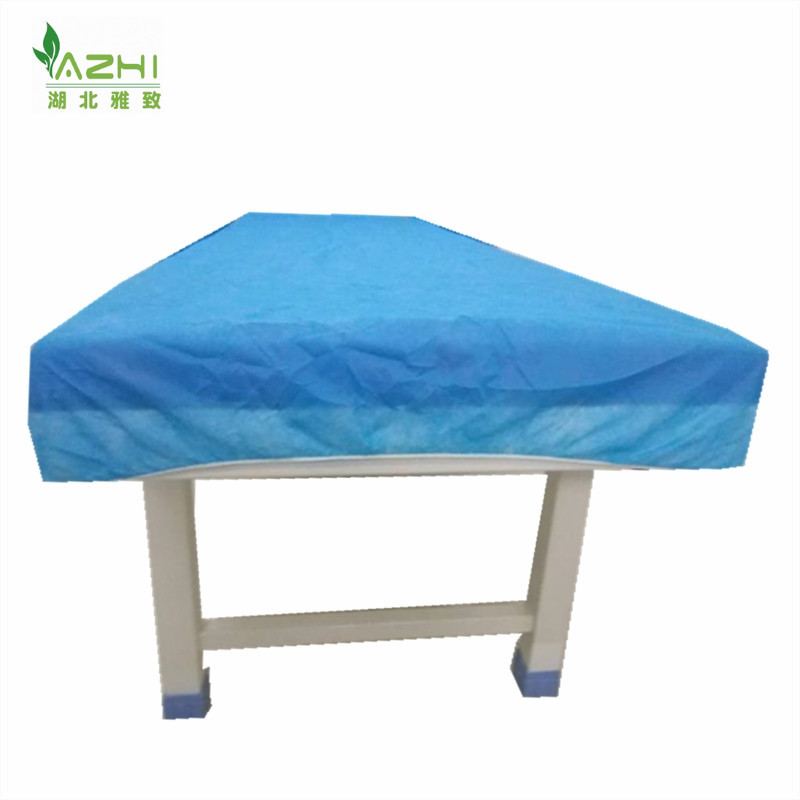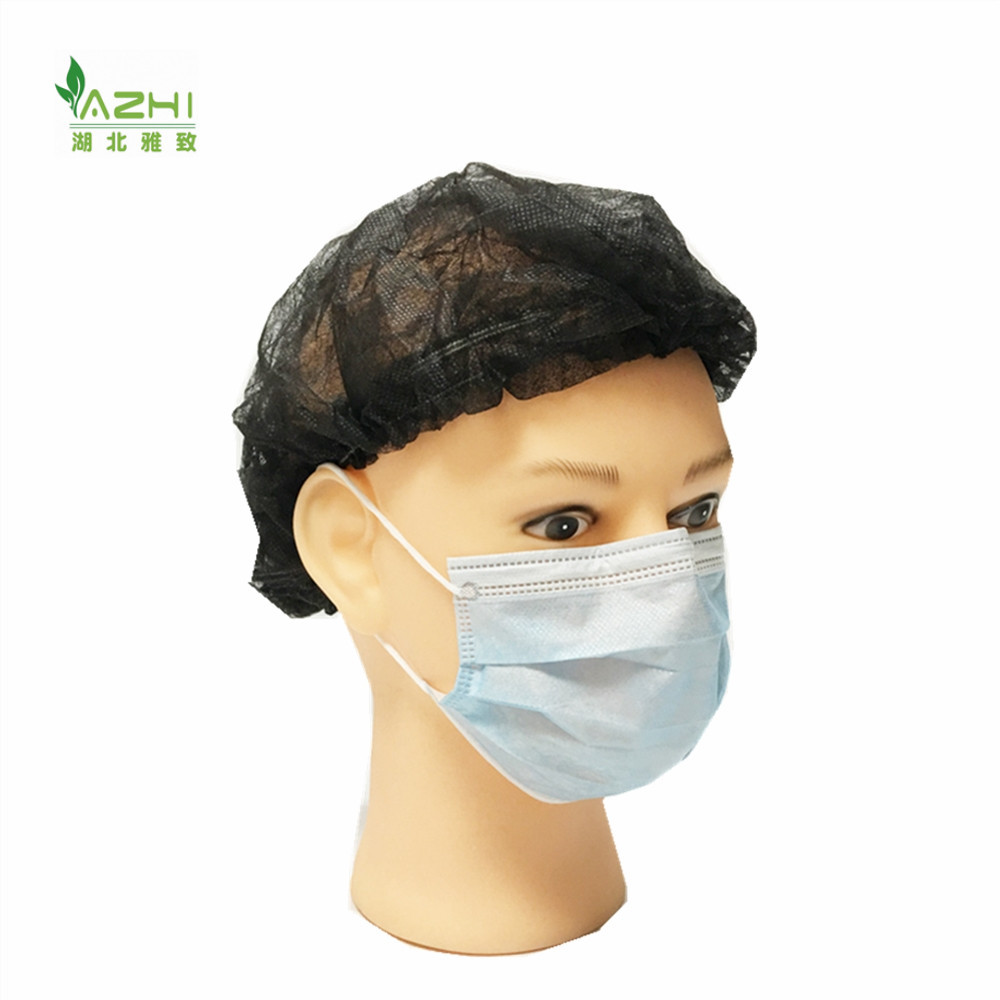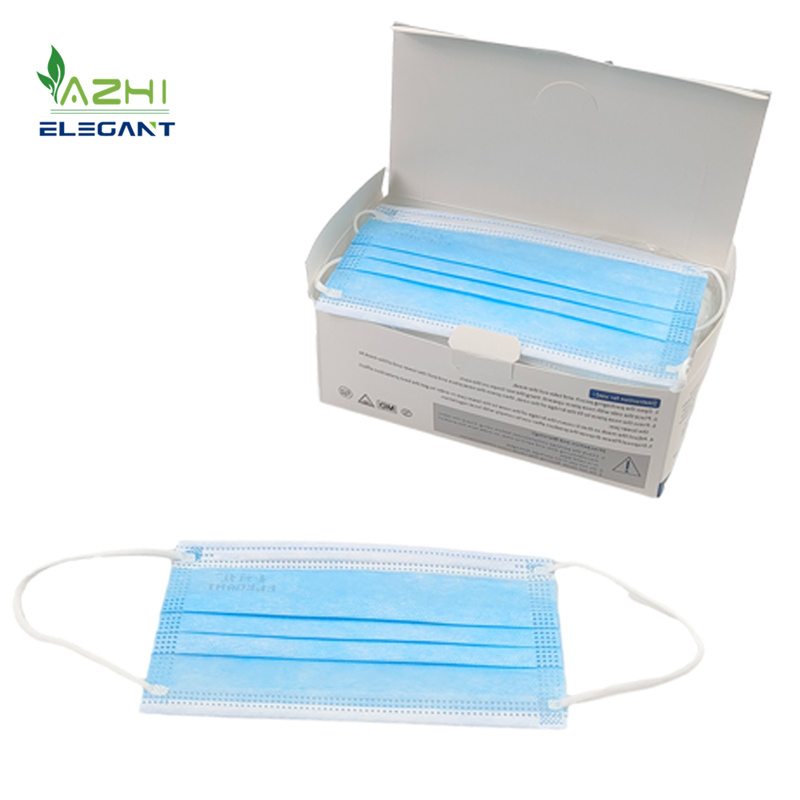News
Eco-Friendly Options in Disposable Bedding You Should Consider
Sep 20,2025
Eco-Friendly Options in Disposable Bedding You Should Consider
Introduction: The Need for Eco-Friendly Disposable Bedding
In recent years, the conversation around sustainability has intensified, and consumers are increasingly aware of the environmental impact of their choices. Disposable bedding, often seen as a convenience, can also contribute significantly to waste. But what if we could have the best of both worlds? Eco-friendly options in disposable bedding are emerging as viable solutions that provide comfort and care for the environment. In this article, we will explore various eco-conscious choices to help you make informed decisions.
Understanding Disposable Bedding: An Overview
Disposable bedding includes items like sheets, pillowcases, and mattress covers designed for single-use. Initially popular in hotels and hospitals, these products are gaining traction among households for their convenience, especially during travel or in temporary living situations. However, traditional disposable bedding often consists of synthetic materials that can be harmful to the environment.
The Environmental Impact of Conventional Disposable Bedding
Conventional disposable bedding typically uses plastics and non-biodegradable materials, leading to significant landfill waste. Additionally, the production of these items often involves toxic chemicals that can harm the environment. Therefore, the need for eco-friendly alternatives is more pressing than ever.
What Makes Bedding Eco-Friendly?
Before diving into specific options, it's essential to understand the criteria that define eco-friendly bedding. Here are a few factors to consider:
1. Biodegradability
A significant aspect of eco-friendly bedding is its ability to break down naturally within a reasonable timeframe. This reduces landfill impact and promotes a healthier ecosystem.
2. Material Source
The materials used in bedding can significantly affect its environmental footprint. Organic and sustainably sourced materials are preferable, as they typically require less energy and water to produce.
3. Chemical Use
Eco-friendly bedding should be free from harmful chemicals, dyes, and finishes that could leach into the environment or pose health risks.
4. Production Practices
Sustainable manufacturing practices, including fair labor conditions and reduced carbon footprints, are vital in determining the eco-friendliness of bedding products.
Top Eco-Friendly Options in Disposable Bedding
Now that we have established what constitutes eco-friendly bedding, let's explore some of the best options available on the market today.
1. Bamboo Bedding
Bamboo is a rapidly renewable resource that grows without pesticides and requires minimal water. Bamboo sheets and pillowcases provide a soft, breathable, and hypoallergenic option for disposable bedding. Look for brands that use environmentally friendly processes to turn bamboo into fabric.
Benefits of Bamboo Bedding
- **Sustainability**: Bamboo grows quickly and thrives in diverse climates, making it an eco-friendly option.
- **Comfort**: Soft and breathable, bamboo bedding provides a luxurious sleeping experience.
- **Hypoallergenic**: Bamboo is resistant to mold and mildew, making it a great option for allergy sufferers.
2. Organic Cotton Bedding
Organic cotton bedding is another excellent eco-friendly option. Unlike conventional cotton, which often relies on harmful pesticides and synthetic fertilizers, organic cotton is grown using sustainable practices.
Benefits of Organic Cotton Bedding
- **Biodegradable**: Organic cotton breaks down naturally, reducing landfill waste.
- **Softness**: The fabric is soft and breathable, providing a comfortable sleeping environment.
- **Chemical-Free**: Free from harmful chemicals, organic cotton is safer for both the environment and human health.
3. Hemp Bedding
Hemp is another sustainable material that yields strong and durable fibers while requiring minimal resources. Disposable bedding made from hemp is biodegradable and often produced with eco-friendly practices.
Benefits of Hemp Bedding
- **Sustainability**: Hemp grows quickly and improves soil health by preventing erosion.
- **Durability**: Hemp fibers are strong, making them long-lasting even in a disposable context.
- **Natural Resistance**: Hemp is naturally resistant to mold and pests, reducing the need for chemical treatments.
4. Recycled Materials Bedding
Some companies are now producing disposable bedding from recycled plastics and other materials. These products can help reduce waste by repurposing materials that would otherwise end up in landfills.
Benefits of Recycled Materials Bedding
- **Waste Reduction**: Utilizing recycled materials minimizes the impact on landfills.
- **Resource Efficiency**: This approach reduces the need for new materials, conserving natural resources.
- **Innovative Design**: Many brands are creating unique and stylish bedding from recycled materials, appealing to eco-conscious consumers.
Choosing the Right Eco-Friendly Disposable Bedding
When selecting eco-friendly disposable bedding, consider the following factors:
1. Certifications
Check for certifications, such as GOTS (Global Organic Textile Standard) and OEKO-TEX, which ensure the product meets strict environmental and safety standards.
2. Brand Values
Research the brand's commitment to sustainability. Companies that prioritize eco-friendly practices often engage in responsible sourcing, ethical labor practices, and transparent production processes.
3. Customer Reviews
Reading reviews from other consumers can provide insights into the quality and comfort of the bedding.
Eco-Friendly Disposable Bedding Brands to Consider
Several brands stand out in the eco-friendly disposable bedding market. Here are some noteworthy options:
1. Nature's Sleep
Nature's Sleep offers a range of bedding products made from organic and natural materials. Their commitment to sustainability and quality makes them a popular choice among eco-conscious consumers.
2. Bedgear
Bedgear specializes in innovative bedding solutions, including options made from recycled materials. Their focus on performance and environmental responsibility makes their products appealing.
3. Coyuchi
Coyuchi is known for its commitment to organic and sustainable bedding. Their disposable options focus on using eco-friendly materials without compromising on comfort.
Frequently Asked Questions (FAQs)
1. Is disposable bedding environmentally friendly?
Yes, eco-friendly disposable bedding is designed to minimize environmental impact through biodegradable materials and sustainable production practices.
2. What materials are used in eco-friendly disposable bedding?
Common materials include organic cotton, bamboo, hemp, and recycled fabrics, all of which are chosen for their sustainability and low environmental impact.
3. How can I ensure the eco-friendliness of a bedding product?
Look for certifications like GOTS and OEKO-TEX, and research the brand's commitment to sustainable practices.
4. Can disposable bedding be reused?
While designed for single use, some eco-friendly disposable bedding may be more durable and can be reused if kept clean and maintained.
5. Where can I purchase eco-friendly disposable bedding?
Many online retailers and specialty bedding stores offer eco-friendly disposable bedding options. Brands like Nature's Sleep and Coyuchi often sell directly through their websites.
Conclusion: Embracing Sustainable Bedding Choices
As consumers, we have the power to drive change through our purchasing decisions. By choosing eco-friendly options in disposable bedding, we not only enhance our comfort but also contribute to a healthier planet. From bamboo and organic cotton to recycled materials, the variety of sustainable choices available today makes it easier than ever to make a positive impact. Let's embrace these eco-friendly alternatives and prioritize the environment in every aspect of our lives, starting with the bedding we choose.
Sep 20,2025
Category:
knowledge
Related Information








 Language
Language English
English Español
Español Português
Português اللغة العربية
اللغة العربية





